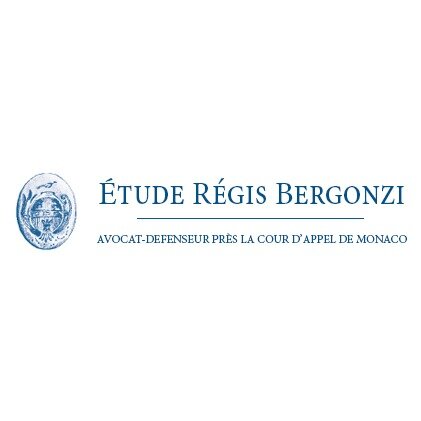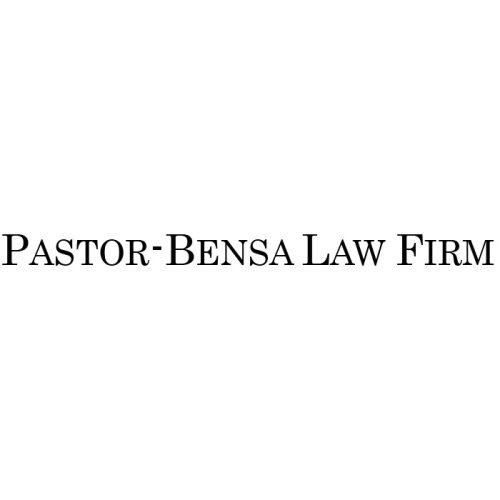Best Faith-Based Law Lawyers in Monaco
Share your needs with us, get contacted by law firms.
Free. Takes 2 min.
Or refine your search by selecting a city:
List of the best lawyers in Monaco
About Faith-Based Law in Monaco
Faith-based law in Monaco refers to the intersection of religious beliefs and legal principles as they manifest within the context of the Monegasque legal system. Due to Monaco’s location and demographic composition, various faiths are practiced, yet the dominant religion is Roman Catholicism, which has influenced several aspects of local culture and legislation. However, Monaco’s legal system is secular, and religious laws are not formally recognized within civil courts. Instead, faith-based considerations may impact civil matters such as marriage, family law, and other personal affairs when parties voluntarily choose religious over secular practices to address their issues.
Why You May Need a Lawyer
People often seek legal assistance in faith-based law for a range of reasons, including:
- Religious marriage and divorce proceedings, particularly when addressing the intersections with civil law.
- Estate planning and wills, where legacies and trusts might consider religious beliefs.
- Issues related to religious discrimination in workplaces or schools.
- Seeking exemptions or accommodations due to religious practices that conflict with secular laws.
- Navigating legal matters pertaining to the establishment or operation of religious institutions.
Local Laws Overview
Monaco is a principality with a legal system influenced by Napoleonic Code. Although its laws are primarily secular, certain key aspects relevant to faith-based law include:
- Marriage and Family Law: While religious marriages are recognized, they must be preceded by a civil ceremony to be legally valid.
- Anti-Discrimination Policies: Monegasque laws protect individuals from discrimination based on religion, ensuring equal treatment in employment and public services.
- Religious Institutions: The establishment and operation of religious institutions must comply with state regulations, maintaining transparency and accountability.
Frequently Asked Questions
What is the role of religion in Monaco’s legal system?
While Monaco recognizes the influence of the Catholic Church culturally, its legal system remains secular, with religion influencing legal decisions only when voluntarily chosen by the involved parties.
Are religious marriages legally recognized in Monaco?
Religious marriages are recognized, but they must be preceded by a civil marriage ceremony for legal validity.
Can religious law override civil law in Monaco?
No, civil law takes precedence, and religious laws apply only within the confines of voluntary adherence among parties involved in personal matters.
How does Monaco address religious discrimination?
Monaco’s legislation includes protections against religious discrimination, ensuring equal rights and opportunities for all individuals regardless of their faith.
Can I write my will according to religious customs?
Yes, individuals can draft their wills in accordance with religious customs, insofar as these do not contravene public policy or statutory requirements of Monaco’s succession laws.
Do religious institutions have special legal status in Monaco?
Religious institutions must comply with Monaco’s laws, which require them to operate within the confines of secular regulations, although they are provided respect and recognition.
Are there faith-based arbitration options available?
Parties may agree to faith-based arbitration for personal matters, but such decisions are contingent upon acceptance by civil courts to have binding effect.
How do local employment laws accommodate religious practices?
Employees in Monaco have rights to reasonable accommodations for religious practices as long as they do not impose significant burdens on the employer.
What should I do if my religious rights are violated?
If you believe your religious rights have been violated, it is important to consult with a legal professional to understand the appropriate steps to take.
Are there any taxes or fees specific to religious entities?
Religious institutions, like other non-profit organizations, may be subject to specific financial regulations and must keep transparent financial records.
Additional Resources
For those seeking more information or assistance related to faith-based law in Monaco, consider the following resources:
- Gouvernement Princier de Monaco: Information on legal rights and religious freedom.
- Monaco Legal Bar Association (Ordre des Avocats Défenseurs et Avocats): A directory of qualified lawyers specializing in different fields of law.
- Local religious institutions or community centers: Often provide guidance and support for faith-based concerns.
Next Steps
If you require legal assistance in the field of faith-based law, consider taking the following steps:
- Identify your specific legal needs by consulting with community or religious leaders for initial advice.
- Contact a lawyer who specializes in faith-based and civil law to discuss your situation and explore options.
- Gather all relevant documents and evidence related to your case or concern before your initial legal consultation.
- Understand your rights and obligations under both faith-based and secular legal systems, to ensure informed decision-making.
- Seek ongoing support from community or legal aid services if necessary to ensure holistic assistance throughout your legal proceedings.
Lawzana helps you find the best lawyers and law firms in Monaco through a curated and pre-screened list of qualified legal professionals. Our platform offers rankings and detailed profiles of attorneys and law firms, allowing you to compare based on practice areas, including Faith-Based Law, experience, and client feedback.
Each profile includes a description of the firm's areas of practice, client reviews, team members and partners, year of establishment, spoken languages, office locations, contact information, social media presence, and any published articles or resources. Most firms on our platform speak English and are experienced in both local and international legal matters.
Get a quote from top-rated law firms in Monaco — quickly, securely, and without unnecessary hassle.
Disclaimer:
The information provided on this page is for general informational purposes only and does not constitute legal advice. While we strive to ensure the accuracy and relevance of the content, legal information may change over time, and interpretations of the law can vary. You should always consult with a qualified legal professional for advice specific to your situation.
We disclaim all liability for actions taken or not taken based on the content of this page. If you believe any information is incorrect or outdated, please contact us, and we will review and update it where appropriate.
Browse faith-based law law firms by city in Monaco
Refine your search by selecting a city.











